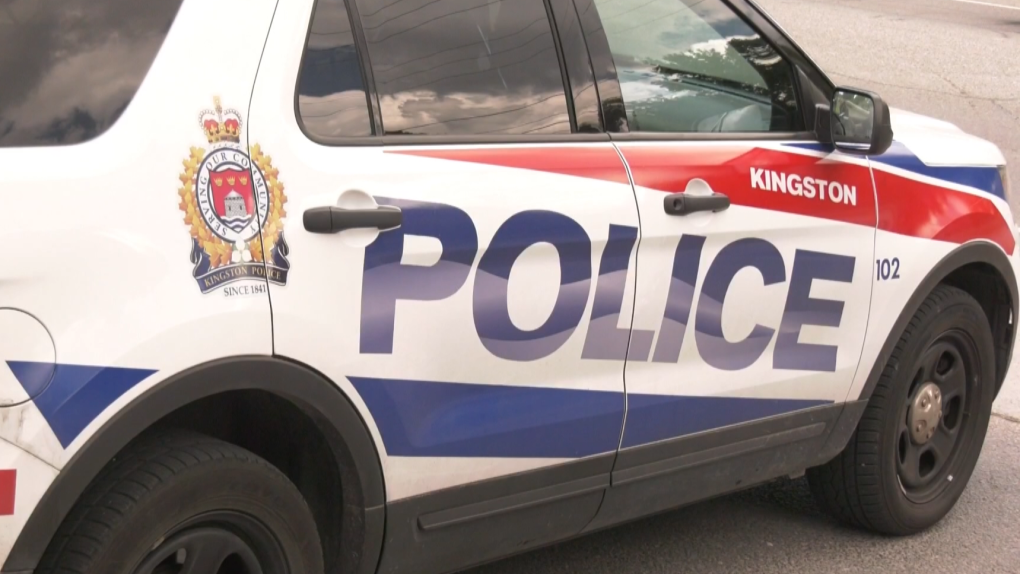
Police in Kingston are investigating what they call a complex multi-step scam that made a resident lose $20,000 late April in eastern Ontario.
The investigation started on April 24 when polie received a call from the victim reporting the fraud.
The Kingston resident received a call on April 22 from fraudsters impersonating Amazon representatives and telling them they had made multiple purchases, police say.
When the victim told the callers they had not made any big purchases, they were asked to provide the name of their bank. That was when they were connected to someone else pretending to be a bank representative from the fraud department, police add.
Then, the fraudsters transferred the victim to another representative pretending to be from the Government of Canada. That was when the victim was informed that the people who made the purchases had stolen their identity, noting that it’s now being used for drug trafficking and money laundering in the USA.
“The suspects even forwarded the victim’s credentials and a letter describing the investigation into their identity theft. The suspects then asked the victim to look up the phone number for the Kingston RCMP detachment and confirm it with them,” police said in a news release. “The suspects then called the victim and spoofed the actual contact number, impersonating an RCMP constable.”
The suspect impersonating the RCMP then asked the victim to withdraw all their money from all their bank accounts and to convert it to “Bitcoin using a Bitcoin ATM to be ‘verified by the Court,’” police add.
“The victim was told the names of specific bank tellers working at their branch and told they were in on the scam – it is unknown how the suspects knew the names of the tellers. The suspects also sent the Victim a QR code, which, when scanned at the Bitcoin ATM directed the money to the suspects’ virtual wallet,” reads the release.
That was when the victim withdrew and lost the $20,000.
To avoid falling victim to a scam, police share the following tips:
• Do not share your personal information with callers pretending to be on behalf of your financial institution, the police or the government. Instead, you “hang up, look up the number for yourself and call back to confirm if the call is legitimate.”
• Banks will never call and ask for personal details or “ask for a two-step verification code.”
• Police do not normally call and ask for assistance to locate or catch scammers, “especially by withdrawing your money to keep safe or to act as bait.”
• Whenever you are asked to convert money to Bitcoin, you should know it’s a fraud.
• Always ask a few other people you trust.